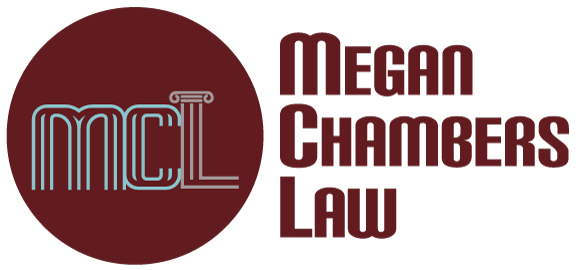Updating Corporate Bylaws for Alberta Corporations

When you first incorporate in Alberta, corporate bylaws are created to guide how your business operates. But corporations evolve—new shareholders join, laws change, and businesses adapt to modern practices. If your bylaws haven’t been reviewed in years, they may be outdated or even non-compliant with current Alberta law.
Updating corporate bylaws in Alberta is more than an administrative task. It’s about ensuring your corporation has rules that reflect how you do business today and provide a solid foundation for growth.
When Should You Update Corporate Bylaws?
Your bylaws should be reviewed regularly, but there are specific triggers and mistakes that make an update essential:
Failing to update bylaws can leave your corporation exposed to disputes or misaligned with legal requirements.

How Do You Update Corporate Bylaws in Alberta?
The process is straightforward, but you must follow Alberta’s corporate law requirements:
- Draft the proposed amendments – Identify which sections need changes.
- Board or shareholder approval – Amendments usually require a resolution; in some cases, a special resolution may be needed.
- Record the changes – Updates must be documented in the corporate minute book.
- File notices if necessary – While bylaws themselves aren’t filed, some related changes (e.g., directors, registered office) must be filed with Alberta’s Business Registry.
Key Sections to Review When Updating Bylaws
When reviewing your bylaws, pay close attention to these areas:
Pitfalls of Not Updating Corporate Bylaws
Outdated bylaws can undermine credibility and create unnecessary risk.
FAQs
How often should corporate bylaws be updated?
It’s good practice to review bylaws every 2–5 years, or sooner if there are changes to shareholders, directors, or Alberta law.
Do updated bylaws need to be filed with Alberta’s Corporate Registry?
Not usually. Bylaws are kept in the corporate minute book, but certain changes—such as directors or registered office—must be filed separately.
Can I update bylaws without unanimous shareholder consent?
It depends on your corporation. Most amendments require a shareholder resolution, which may be ordinary or special depending on the change.
What happens if bylaws aren’t updated?
Your corporation may be forced to follow outdated rules or default to Alberta’s legislation, which may not reflect how you want the business to operate.
Can I update my own bylaws, or do I need a lawyer?
While you can attempt it yourself, bylaws are legal documents with long-term consequences. A lawyer ensures your updates are compliant and works alongside other governance tools, like a shareholders’ agreement or a unanimous shareholders’ agreement.
Conclusion
Bylaws aren’t a one-and-done document. As your Alberta corporation grows and laws evolve, so should the rules that guide how it operates. Regularly updating corporate bylaws ensures your business remains compliant, avoids disputes, and stays prepared for the future.
If your bylaws are due for a refresh, now is the time to review them and make sure they truly reflect your corporation’s needs today.
